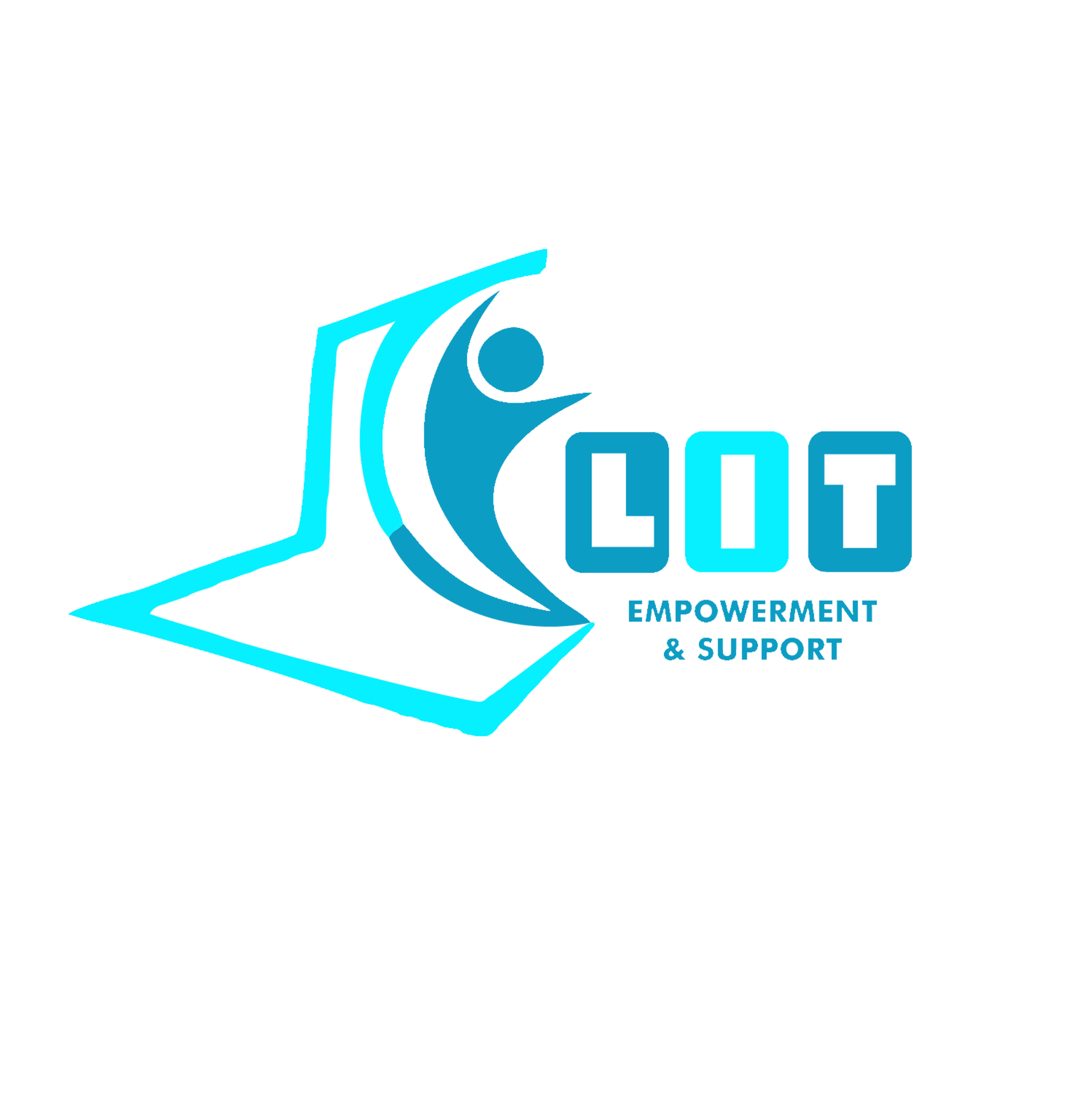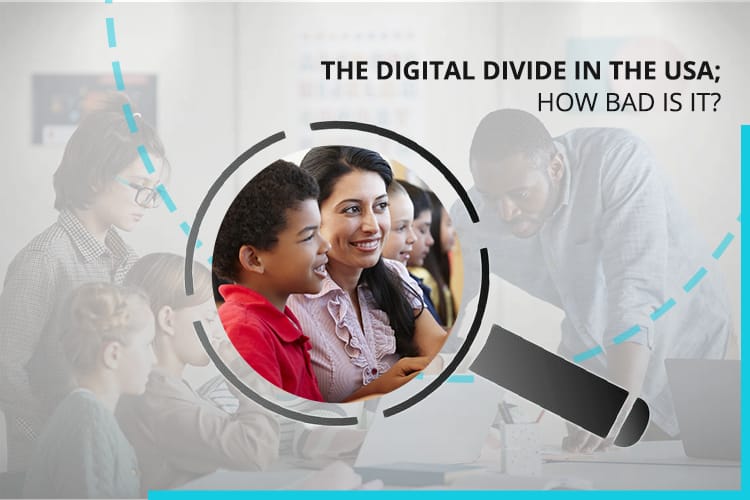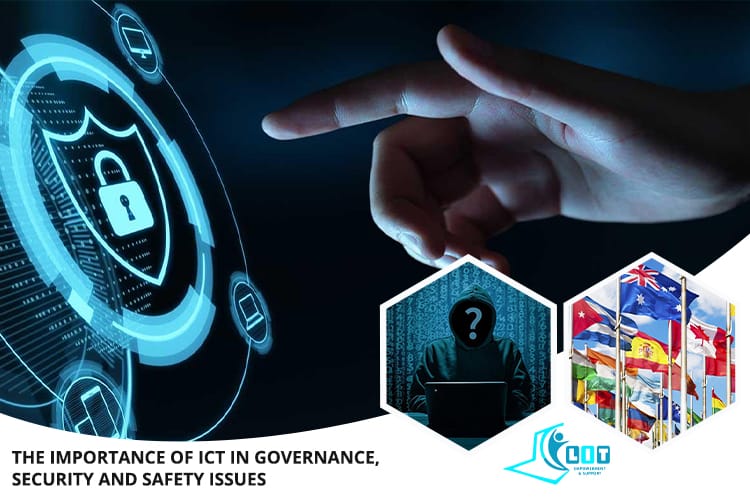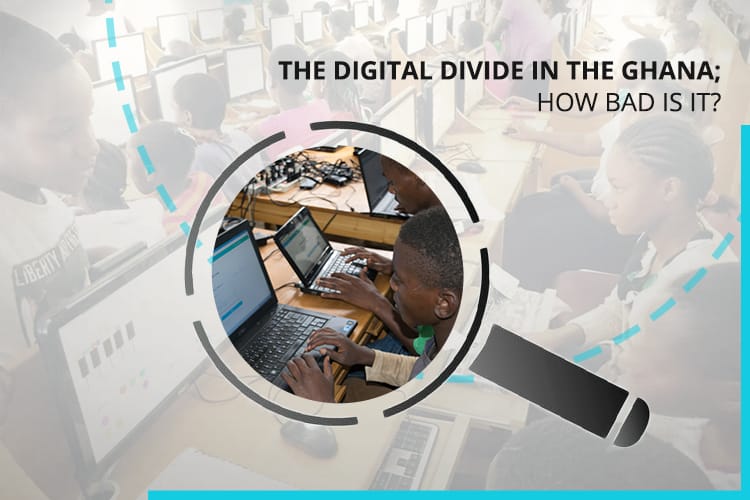The Digital Divide in the USA
The digital divide in the USA refers to inequalities between individuals, households, and other groups of different demographic and socioeconomic levels and the knowledge and skills needed to make effective use of the information gained through access and connectivity to information and communication technologies (ICTs).
Does the Digital Divide Exist in the USA?
As humanity becomes more dependent on the internet, millions of Americans, from the countryside to inner cities, still find it difficult to access high-speed broadband service.
In my previous article entitled THE DIGITAL DIVIDE IN GHANA-HOW BAD IS IT? I discussed some causes of the digital gap in education in Ghana and preferred possible solutions to the problem. As much as many people in the developing countries especially those in Africa envy the West for the strides they have made in information communication technology, for example, all cannot be said to have been perfect or rosy for those Western countries many count as developed.
It is quite fascinating and amusing to note that the USA, the much envied USA does not have a hundred percent digital coverage. Come with me as we examine the facts together.
Let’s Scrutinize the Statistics
The US comes third in the use of the internet in the world, with 313 million regular users of the internet nationwide.90.8% of Americans have access to the internet.276.8 million people use mobile internet in the USA. The most popular digital activity among internet users in the USA is Email. The most widely used multi-platform web property in the US is Google Sites.
The most popular channel to access digital media properties in the US is a smartphone. The number of social network users in the US is 295.48 million. The percentage of the US population currently using social media is 82%.
The Digital Divide In Education in the USA unmasked Big-time During the COVID-19 PANDEMIC
According to www.bcg.com, when American K-12 public schools in all fifty states closed their doors in March 2020, the inequities and scale of the digital divide were abruptly unmasked. According to BCG Research in 2020, co-authored with common sense, roughly 30% of children in grades K-12(15 to 16 million students) did not have adequate internet service or e-learning devices to effectively continue their studies from their homes.
When the pandemic broke out, many states and districts hurriedly mobilized to cater for the needs of their digitally underserved students, frequently making use of the emergency funding endorsed in March by the CoronaVirus Aid, Relief, and Economic Security (CARES)Act.
They procured devices, hot spots, and other resources and collaborated with providers to offer sponsored services at no cost to eligible households, among other measures. Yet BCG research showed that while those measures were significant, up to 12 million K-12 students nationwide remained inadequately connected at the start of 2021. More than 75% of such initiatives will end between the next one to three years.
How Does Lit Empowerment and Support Incorporated Come In?
Lit Empowerment and Support Incorporated, a no-profit, non-governmental organization seeking to help with the bridging of the digital divide in Ghana and the USA, especially in basic public schools hereby solicits support in the form of sponsorships and partnerships in building ICT Labs for needy rural schools. Donations of ICT tools and equipment are also welcome.
The organization will gladly do onward presentations of such received donations to impoverished schools and, or students in order to help them be at par with the advantaged minority, in Ghana’s case, and the advantaged majority in the USA.
What’s the Way Forward?
Even as learners go back to school personally, dealing with the digital divide permanently is vital. Lack of access at home significantly negatively affects students learning, which translates to income losses and can last throughout their lives.
Conclusion-Closing the Digital Divide For Good
To close the digital gap for good, we must address the three major barriers to access; affordability, availability, and adoption.BCGs research found that up to 60% of students without digital access (9 million), especially disconnected Black and urban students, are unable to afford it. Up to 25% (4 million)lack access to readily available and reliable broadband service, a barrier that disproportionately affects rural and Native American students. Finally, up to 40%(6 million), face adoption challenges such as digital literacy and language barriers.




